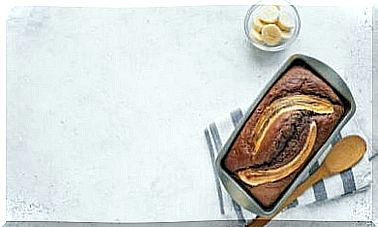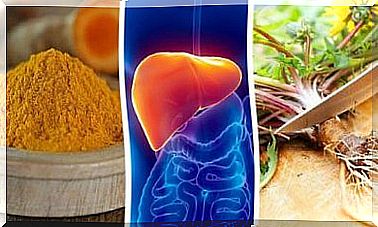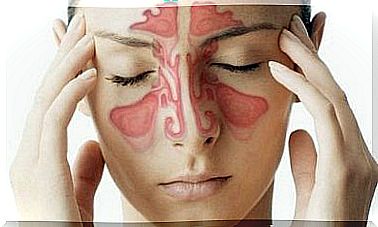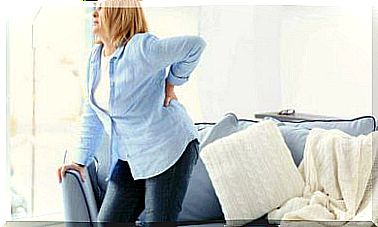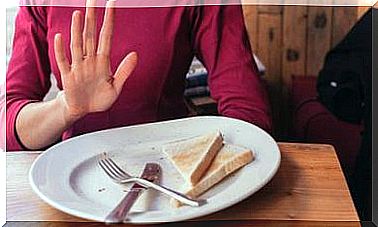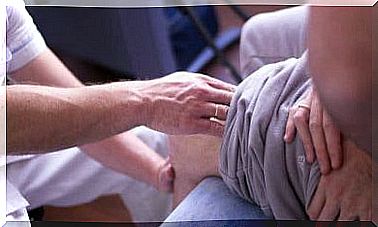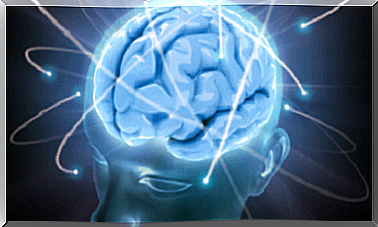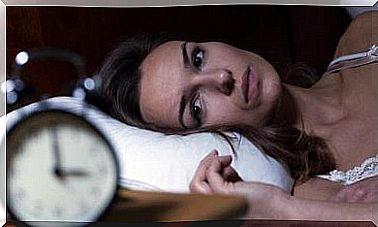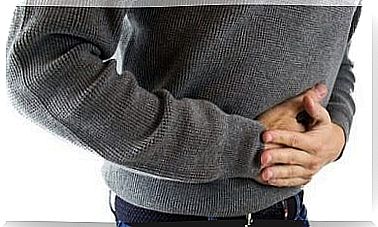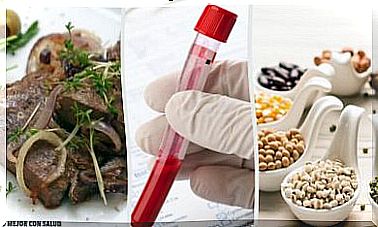Muscle Cramps In The Foot: That Helps In A Matter Of Seconds
A muscle cramp in the foot can arise for various reasons. In our article we explain the causes and give some tips for relief.
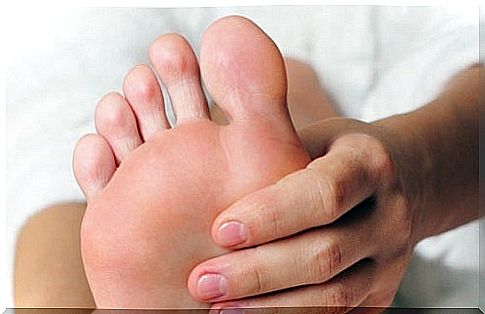
Now and then it can hit you in the middle of the night: your foot cramps, you wake up and don’t know what to do. A muscle cramp in the foot can also occur during the day and become uncomfortable to painful.
In our article we explain everything you need to know to prevent such cramps and to get rid of them if they are tormenting you.
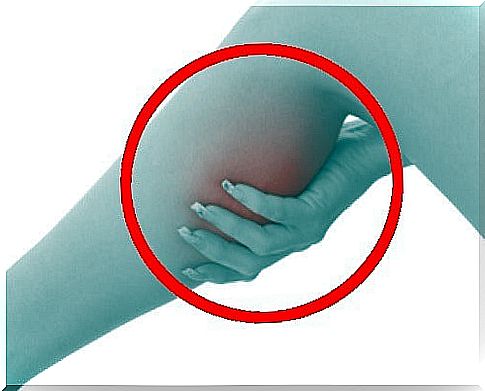
What exactly is a muscle spasm in the foot or other limb?
A muscle spasm is a sudden, involuntary, strong contraction of the muscles. Usually it only stops for a short time. However, depending on the muscle concerned, it can also be particularly painful. Especially when large muscles, such as the calf muscles, are affected.
Theoretically, all muscles can be affected by cramps, even smaller muscle groups such as the eye muscles, the hand muscles or toes can cramp. Sometimes they occur when the muscles are overloaded, sometimes in a state of absolute rest. Muscle spasms are a symptom of improper communication between nerves and muscles.
Causes of muscle spasms
Muscle cramps in the foot can arise for a number of reasons. When overloaded, cramps often occur when the muscles reach their limits. This can be seen at (almost) every football game on television. But we are not professional footballers and we still have cramps. Then what can it be?
Also overload the muscles by poor posture, such as posture after injury, deformity or unusual stress can lead to convulsions. Muscle cramps can also develop when there is a mineral deficiency. But a metabolic disorder (e.g. diabetes) can also lead to it. Some medications can cause cramps as a side effect. Another often mentioned cause is poor blood flow.
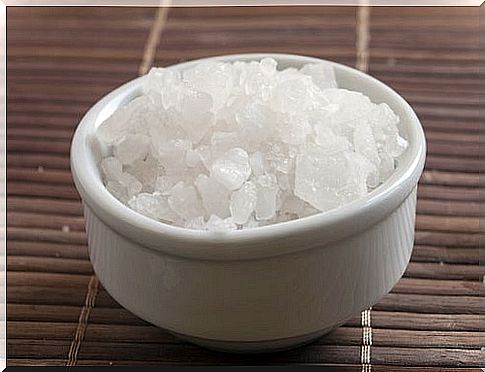
Magnesium deficiency
The classic. With every cramp, everyone around you seems to know that you are magnesium deficient. Magnesium is important for the transmission of stimuli in the muscles, but a lack of magnesium does not always trigger muscle cramps in the foot. Nevertheless, if you experience cramps, the first thing you should try to prevent the cramps with magnesium intake.
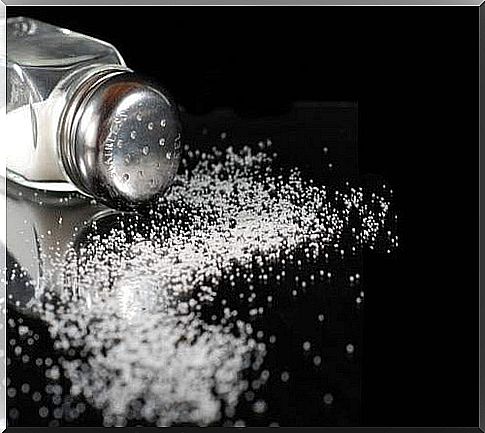
Sodium chloride deficiency
Sodium chloride is nothing more than table salt. Our body excretes salt through sweating (even during sleep). If you do not refill your “salt supply” in the body because you prefer a low-salt diet, a lack of salt can be the cause of muscle cramps.
Increase your salt consumption especially when you sweat: in summer, when exercising, during physical exertion or when traveling to the tropics. So you can easily prevent muscle cramps while eating.
Potassium deficiency
Potassium is also important for the transmission of stimuli between nerves and muscles. A potassium deficiency is also caused by sweating and an unbalanced diet. A diet high in fruit (e.g. melons) and vegetables prevents potassium deficiency.
Potassium supplements should not be taken excessively, as excessive doses of potassium can lead to cardiac arrhythmias!

Calcium deficiency
The lack of a sufficient concentration of calcium in the blood can also lead to muscle cramps! There is no point in simply drinking calcium effervescent tablets dissolved in water.
Calcium is only absorbed by the body in conjunction with vitamin D3. This is a vitamin that the body can produce itself using UV light. So get out in the open! At least 10 minutes of sunlight on the largest possible area of skin is enough to produce enough vitamin D3!
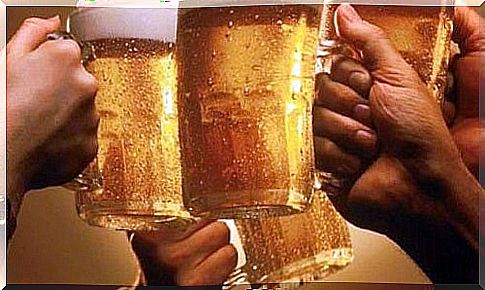
Disturbed electrolyte balance
Your electrolyte balance gets mixed up if, for example, you don’t eat a proper and balanced diet. Even overweight people can suffer from malnutrition! Alcohol consumption also leads to disturbances in the electrolyte balance. The neurotoxin alcohol dries out the cells, creating an imbalance.

Preventing muscle spasms in the foot
If you have cramps more often than usual, you should see a doctor. He will check for mineral deficiencies in your blood and rule out other causes. Depending on the result of your blood test, he will recommend certain mineral supplements for you.
As a preventive measure, you ensure a healthy, balanced diet, pay attention to your salt consumption and eat as many fruits and vegetables as possible. Avoid overloading your muscles and treat yourself and your body to sunlight so that you can really use the calcium from your healthy mixed-food meal.
Prefer bottled water that is rich in minerals (and not just cheap). A label comparison in the beverage trade helps!
What helps if there is muscle cramp in the foot?
The curious thing is that although everyone suffers from cramps from time to time, science has not yet found any remedy that has been proven by extensive studies. Our tips:
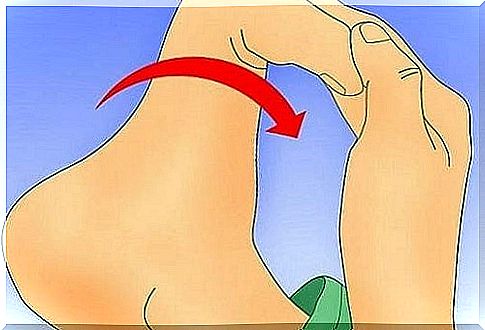
stretch
If you have muscle cramps in your foot, grab your toes and pull your foot towards you with all your strength. Press your heel forward as you do so. In this way you work against the direction of the spasms in the muscles and prevent greater pain from further contraction of the affected muscle.
Relax
Despite the shock and pain: try to consciously relax and breathe against the pain. Imagine your breath flowing into and loosening the sore muscle. Combine the relaxing breathing technique with stretching to limit the pain.
